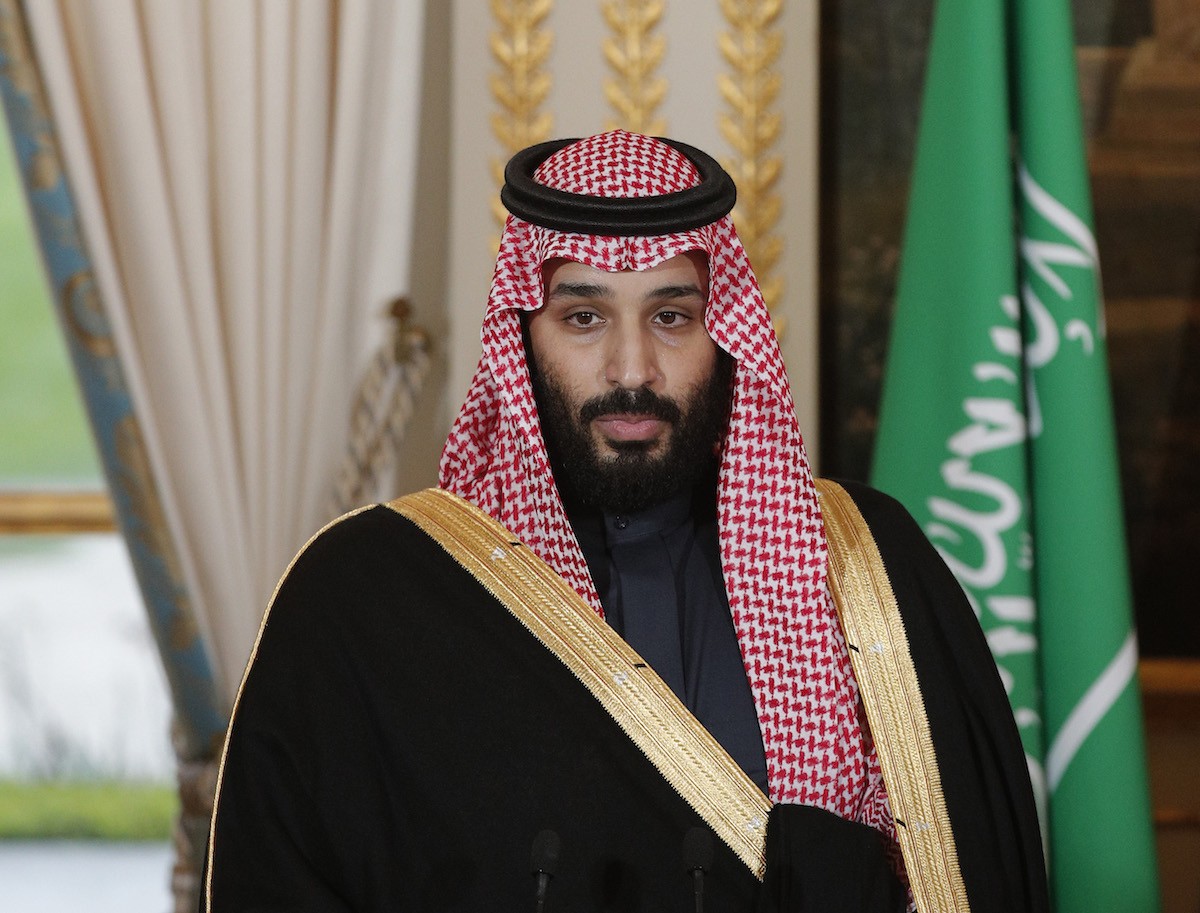Saudi AI Giant Humain Invests Billions to Make Data the Kingdom’s New Oil
Saudi AI Giant Humain Invests Billions to Make Data the Kingdom’s New Oil
By
Leah Rosenfeld
Last updated:
August 28, 2025
First Published:
August 28, 2025

Photo: The Jakarta Post
Saudi Arabia is betting on artificial intelligence and data centers to become its next economic engine, and Humain, the kingdom’s AI and data infrastructure firm, is at the center of this push. Owned by the Public Investment Fund (PIF), Saudi Arabia’s $1 trillion sovereign wealth fund, Humain is investing billions into building advanced data center capacity in the desert kingdom. The company’s ultimate goal: to become the world’s third-largest AI provider, behind the U.S. and China.
Ambitious Vision and Strategic Investments
Launched last year, Humain aims to provide full-stack AI capabilities, including cloud infrastructure, advanced AI models, and data center operations. CEO Tareq Amin told CNBC that the company’s ambition is “very clear. We want to be the third-largest AI provider in the world.”
Humain has already committed $23 billion toward strategic technology partnerships and a $10 billion venture fund. The company has signed agreements with global tech giants Nvidia, AMD, and Groq to secure cutting-edge chips for its AI workloads. California-based Groq alone received a $1.5 billion commitment from Saudi Arabia in February to expand AI chip delivery, while its AI inference cluster, built in December, now services nearly four billion people across the EMEA and South Asia regions.
Massive Data Center Expansion
Humain has begun construction on two major campuses in Saudi Arabia, which will house a total of 11 data centers. Each data center is designed with a 200-megawatt capacity. The rollout schedule is aggressive: 50 megawatts will be operational by Q4 2025, followed by an additional 50 megawatts every quarter through 2026. By 2030, the company targets 1.9 gigawatts of installed capacity, scaling to six gigawatts by 2034.
The kingdom’s data center market is projected to grow from $1.33 billion in 2024 to $3.9 billion by 2030. While still far from the scale of the U.S. market, valued at over $200 billion, Saudi Arabia is using its abundant energy resources and vast land to make a rapid push.
Talent and Workforce Challenges
Despite the massive investment, recruiting and retaining AI talent remains a major hurdle. Saudi Arabia faces a 50% hiring gap for AI-related roles, according to Minister of Human Resources and Social Development Ahmed Al-Rajhi. Many of the engineers required for these projects are foreign hires, often demanding high salaries and staying only temporarily.
Experts note that neighboring countries, like the UAE, may have a competitive edge. The UAE’s $500 billion Stargate Campus in Abu Dhabi, a private-sector AI investment initiative launched with OpenAI, Oracle, Nvidia, and Cisco, is progressing quickly with a clear execution strategy. Baghdad Gherras, a UAE-based venture partner, suggests that while Saudi Arabia’s vision is top-heavy and ambitious, it faces challenges in middle management and operational execution.
Environmental and Operational Concerns
Building and running massive AI data centers in the Middle East comes with environmental and operational challenges. The kingdom’s scorching desert temperatures require sophisticated cooling systems, which could drive up operational costs and energy consumption. Analysts and industry insiders continue to question the long-term sustainability of such projects in extreme climates.
Looking Ahead
Humain’s strategic push reflects Saudi Arabia’s broader economic diversification goals, particularly as the kingdom faces fluctuating oil prices and rising costs for megaprojects like Neom. By transforming data into a new economic asset and investing heavily in AI infrastructure, Saudi Arabia hopes to secure a long-term source of revenue while positioning itself as a regional AI hub.
If successful, Humain could not only redefine Saudi Arabia’s technological landscape but also challenge global AI powerhouses, leveraging billions in investment, international partnerships, and a rapidly growing domestic market to stake its claim on the AI frontier.
Popular articles
Subscribe to unlock premium content
How Blue Bottle Coffee Became a $700M Specialty Coffee Icon

Gordon Moore: The Man Behind Moore’s Law and the Tech Revolution

How Shein Became a Fast Fashion Powerhouse Without Traditional Advertising

How Blue Bottle Coffee Became a $700M Specialty Coffee Icon

Gordon Moore: The Man Behind Moore’s Law and the Tech Revolution

How Blue Bottle Coffee Became a $700M Specialty Coffee Icon









